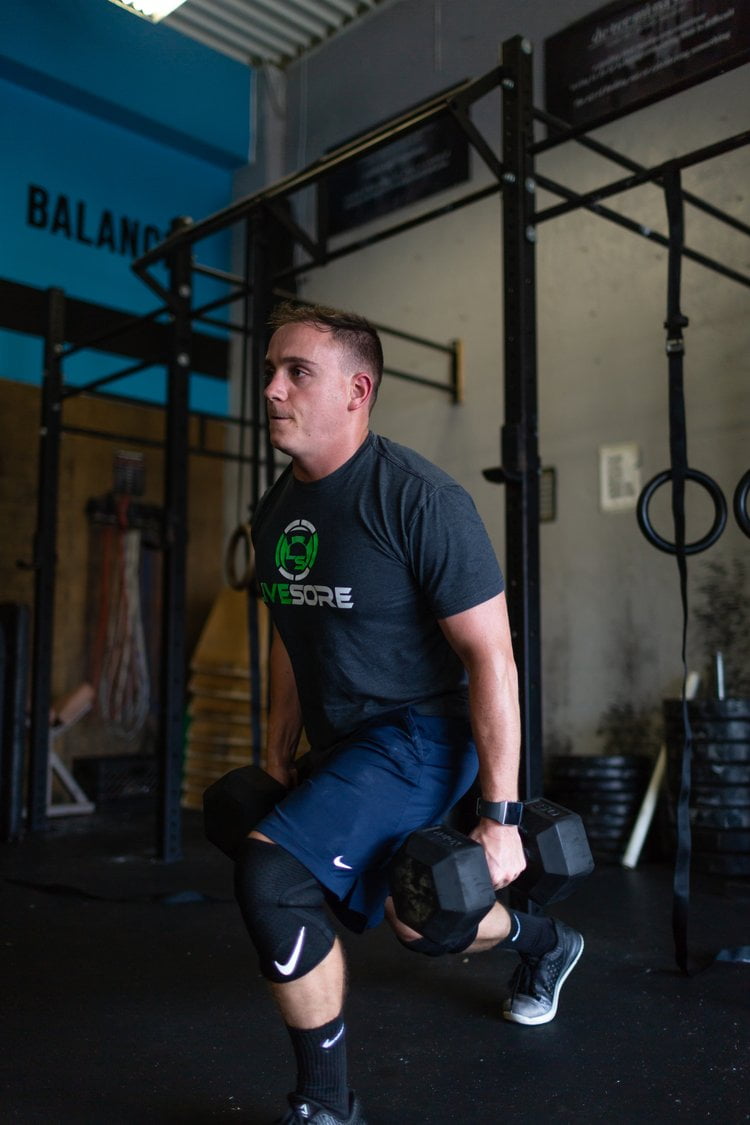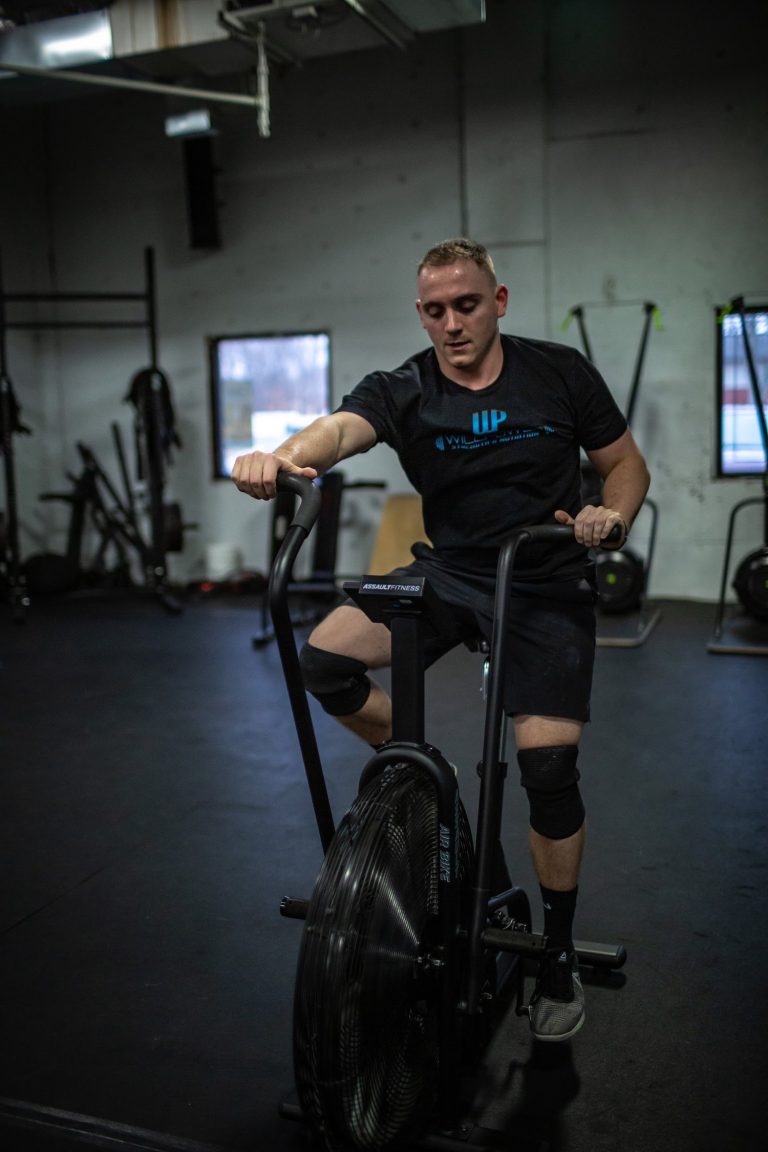5 Factors That Go Into Changing Body Weight
Fullscript -10% off 3000+ Supplements and free shipping on orders over $50 – Click HERE
- Calories Consumed
Changing weight up or down ultimately depends on the equation of calories in versus calories out. It is slightly more complicated than that based on the some of the factors below. However, ultimately the principle applies. If we want to gain weight we need to eat more and if we want to weigh less than we need to eat less.
- Thermic Effect of Food
This factor ties into factor one, but, is its own piece to the puzzle. Recent research has found that it actually costs energy or calories to metabolize the foods that we eat, a phenomenon called the “Thermic Effect of Food”. You are literally burning calories simply by putting food in your mouth, chewing it, swallowing it and then breaking it down and absorbing its nutrients through the gut. The research has also identified that different foods or more specifically, different macronutrients burn more calories than others. Protein burns the most, followed by carbohydrates and finally fat. Thus if we want to maximize weight loss. A diet high in protein is ideal.
- Resting Metabolic Rate
Your resting metabolic rate (RMR) is the amount of calories your body burns simply to function and stay alive. If you were to lay in bed all day and not move, the calories you would burn through out the whole day is your RMR. You would think that your RMR is relatively stable, but in reality RMR is actually very dynamic. Your RMR will adjust based on the amount of food you consume on a daily basis. This is a survival mechanism by your body as in the presence of low food consumption your body will slow your RMR down to reduce the amount of calories it needs. The same can be said for the opposite scenario. When food consumption is high, the RMR will increase to maintain its body weight. When people have trouble changing their weight, this is why. Their RMR has adjusted through a process called “Adaptive Thermogenesis”. To change weight this needs to be accounted for and manipulated.
- Non Exercise Activity Thermogenesis
Most people will probably agree that to lose weight you want to exercise more. But in reality, exercise is only one piece of the activity puzzle when it comes to weight loss and is actually has a much smaller effect on weight change than a process called “Non Exercise Activity Thermogenesis” or NEAT. NEAT is a total of all the calories throughout the day that you burn from movement outside of exercise. This includes everything from steps per day, blinking your eyes and fidgeting in you seat. Any and all movement costs energy and NEAT is the sum total. NEAT is so important, especially in weight change because the calories burned from it can significantly outnumber the calories from exercise so if we want to lose weight we want to maximize it to create a deficit and if we want to gain weight we want to minimize it to create a surplus.
- Stress Levels
In life, stress is pretty much unavoidable. But, not all stress is bad. Your body actually needs stress to stay healthy and strong. Exercise is nothing more than intelligently prescribed physical stress that your body will interpret and adapt to to better prepare itself for the future. The same can be said for any system in the body. Such as your bones and the immune system. Too much stress can negatively effect our ability to change or maintain our weight. When we combine emotional stress with physical stress such as really hard exercise, deadlines at work, family obligations and lack of sleep, the body is chronically in a stress response and is constantly secreting hormones like cortisol that will promote fat accumulation and muscle wasting. To combat this, it is imperative to manage the stressors in our lives. We can do this by easing up on the training, prioritizing 6-8 hours of sleep per night and eating not only quality foods but enough food during the day.
There you have it! Hopefully you can take these factors and use them to help make informed decisions about adjusting or maintaining body weight.







